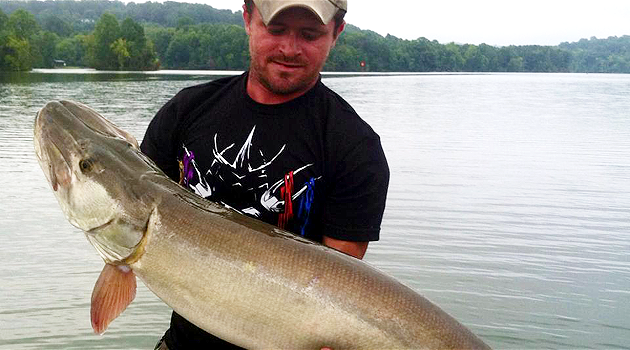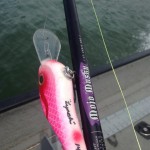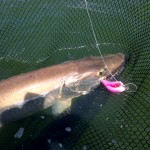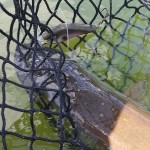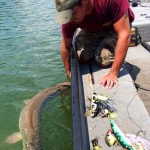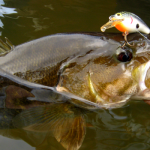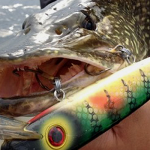By Cory Allen
We all hear the stories, all the time. Crappie angler has his intended buttermilk fillet turned into sushi boat side; Bass tournament angler catches a 52 incher during the eleventh hour and bitches at his poor luck. One man’s trash as they say, but so many of these accidents go completely unnoticed and without given proper warrant. My question has always been why?
During the PMTT Championship of 2012, a field of the best in musky angling jousted for the cup in Green Bay, Wisconsin, one of the brass rings of both gargantuan muskies and throngs of them. Miles and miles of shark infested water, beat to froth for two days, and not a single fish was caught. Alas there was no joy in mudville, but some walleye angler during the tournament period managed to land a 52″ behemoth, all the while bellyaching at how the walleyes wouldn’t touch his crawler harness rig. Lest we even touch upon the Ken O’Brien fish from 1989; the Illinois state record for over a decade caught from the Lake Shelbyville spillway on a night crawler only to be beaten once again by a walleye angler; and then most recent Torch Lake, Michigan beast as of late. Some of our greatest insights into the nature of absolute giant fish, especially under adverse conditions, comes from the feedback of people not even targeting our prize. Is this the Universe expressing its wicked sense of humor, a puckish deity screwing with our ego and heads? Perhaps, or perhaps were not paying attention to the messages nature is whispering to us.
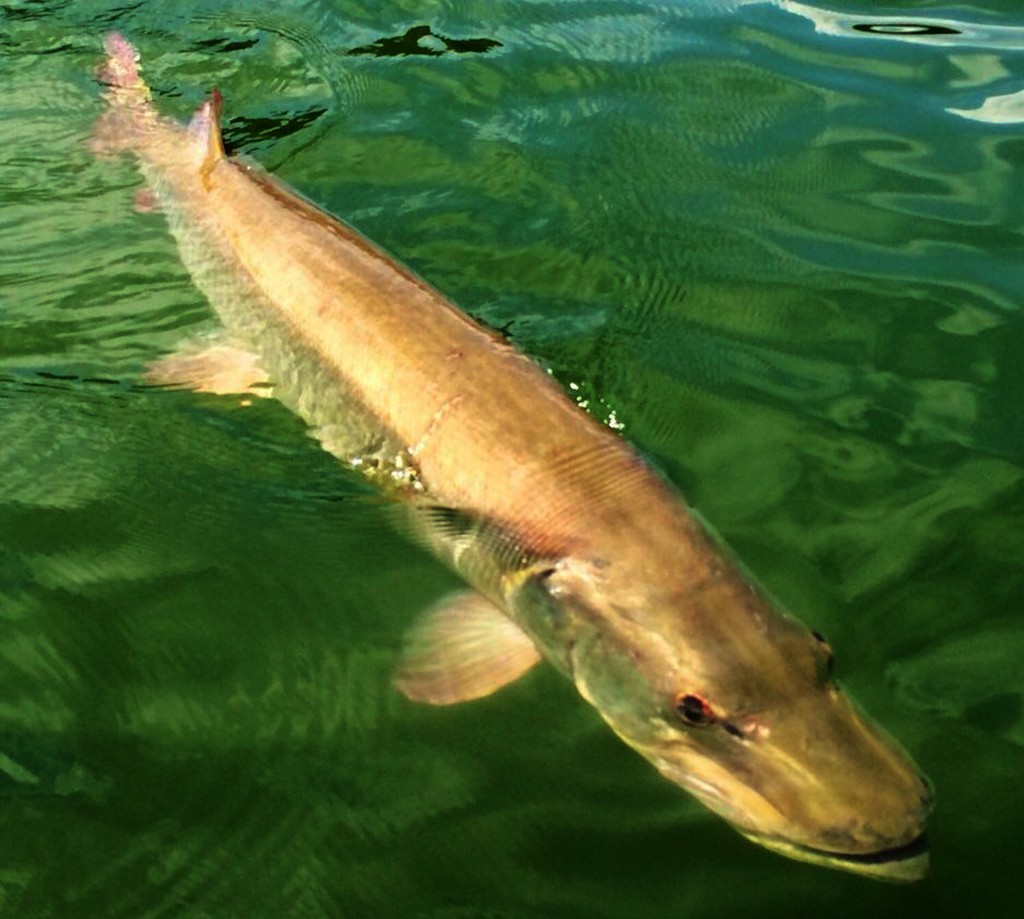
Truth is, in most cases most of the time, the largest muskies of any system live deep and aren’t very active. They don’t have to be and don’t WANT to be. Though they are impressive imposing and nevertheless intimidating animals, they get big because unlike us, fish have indeterminate growth. The older they get the bigger they get. While “bigger” may be “better” to us, many of these giants are basically the equivalent of 50-70 year old versions of us. While they’re full well capable of taking large prey, and given present forage in systems combined with conditions will, especially seasonally, we can’t ignore the fact that they serve tapioca more than steak in hospice care.
These “accidents” of giant muskies being caught on diminutive gestures is no accident at all. In fact it makes perfect sense to me. Here at TVMA (Tennessee Valley Muskie Authority), we’re no strangers to this phenomenon. His first week on the team, Jacob Priegel managed to hook and land a low 50″ musky slowly twitching a 10XD crankbait along a breakline. Before you go skimming through Rollie and Helen’s for this bait, save your finger tips… you won’t find it. Why? BECAUSE IT’S A BASS BAIT. Most people see these baits on our decks and say, “What, you guys bass fish too?” Nope, but tell the unsuspecting muskies that’s a bass lure. I first discovered this bait on the deck of a friend’s boat and said, “That’s a musky bait in disguise!” He rolled his eyes, but the size, the construction, and even the hooks are built to tackle large game. However, the slow rise and steep dive curve make it very suited to probing deep structure for inactive fish. Most of the time, deep big fish are inactive fish. They won’t respond to something inordinately fast or erratic, but they will most likely muster the gumption to nip at the heels of something presented tantalizing in front of their maw.
It was only later after talking to bass anglers that I realized how many of them had lost these baits to the grip of unwanted muskellunge attention.
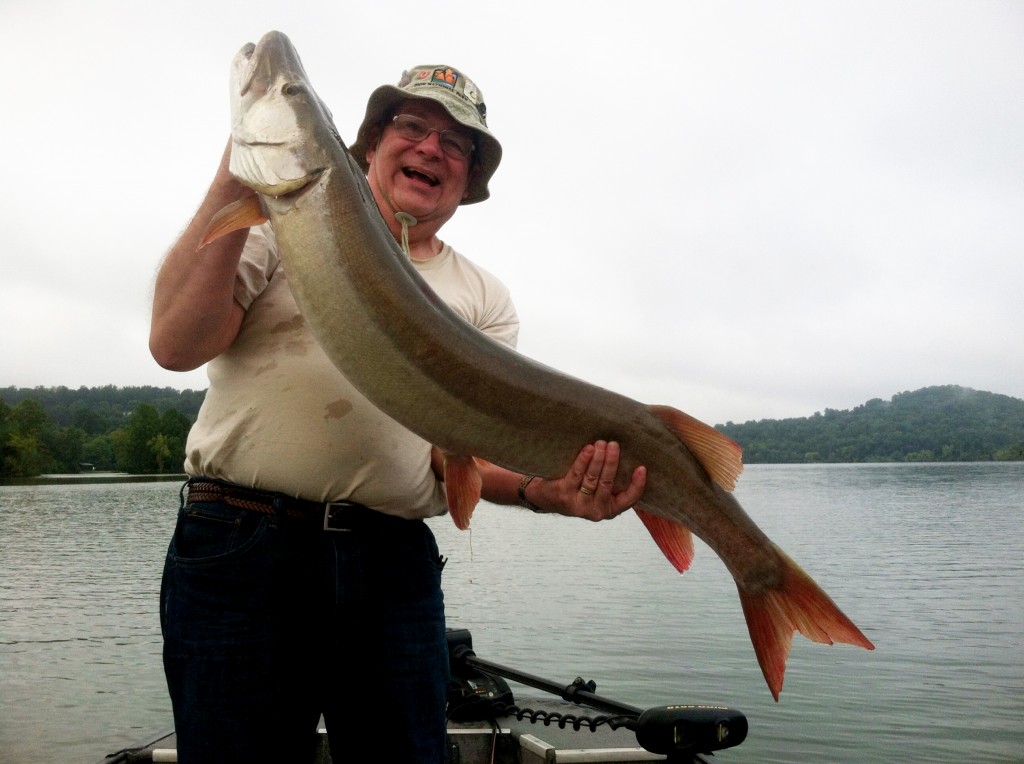
Ironically in my time on Melton Hill, Tennessee, all 18 months of it, we’ve managed to put nearly 20 muskies over 50 inches into the boat and lost nearly that many more over. One day, only a couple weeks ago, myself and TVMA staffer Matt Lynch managed to boat 3 muskies between 50.5″ and 52″ in a single day amongst two boats, each one of them on a Chad Shad deep diving crankbait. When I first discovered this bait, Chad Harmon was making them in his basement and offered to trade me some for a reel I was selling. Upon seeing them, I knew something was different. They had a unimposing but deliciously perfect morsel-sized profile to them, as well as a more rounded narrower bill than most small shad cranks made for musky which seemed to feel they needed to compensate for their size by being overly erratic. This isn’t always a bad thing, but in my opinion more often than not small and subtle go more hand in hand as does large and janky.
Since then, the majority of Tennessee muskies over 50″ by TVMA have come solely on the Chad Shad, most of the time being trolled very slowly while held at a particular depth while the rod is slowly twitched to make them dance. The biggest fish don’t kill the bait. You can almost see them in your mind’s eye, slowly come up behind, and test it like they’re tasting wine like a connoisseur, barely nipping the back hook.
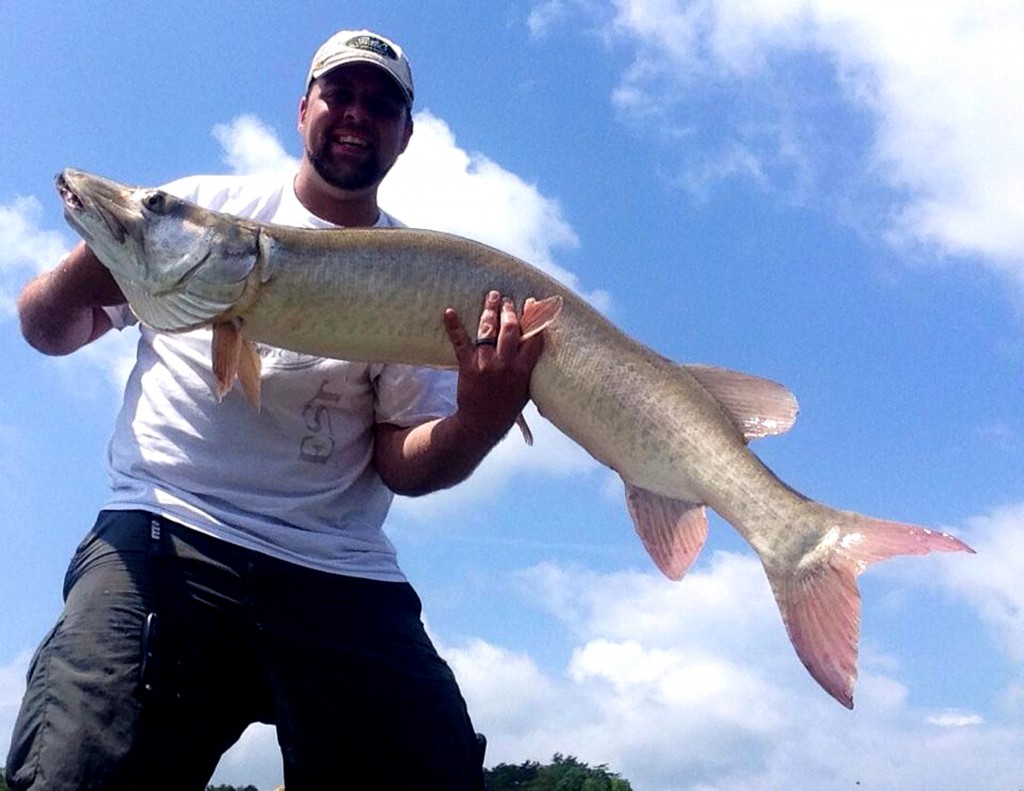
So what was it that dictated I give this relatively unknown (and several more obscure musky baits even outside the musky nomenclature) a chance in the field? It was the awareness that when all these giant fish are caught utilizing bass jigs, Alabama rigs, crawler harnesses, bass buzzbaits, it shouldn’t be considered so profound and require years of “pro” implementation for it to become accepted knowledge. If you step outside the self imposed box of musky thinking – what “is” and “isn’t” musky fishing, or anything for that matter – you’ll realize that that’s when such instances of vicarious feedback even from complete stumblebums will immediately make you a more creative, fluent, and versatile angler, able to adapt that much quicker to what the environment and the fish throw at you on any given day.
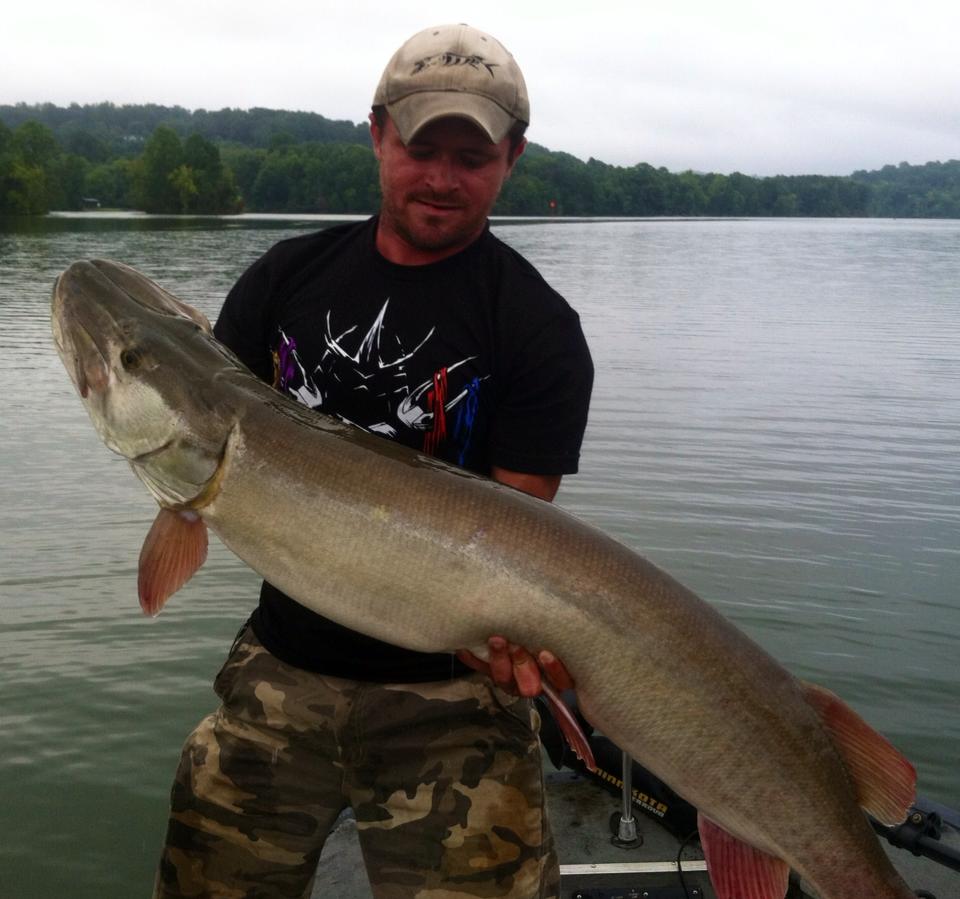
Article by Cory Allen, published in Fishing-Headquarters Online Magazine, issue 20, September, October & November, 2014.



